EDITORIAL
Published on 04 Aug 2021
Editorial: Obesogenic Environmental Conditions Affect Neurodevelopment and Neurodegeneration
doi 10.3389/fnins.2021.724503
- 1,609 views
25k
Total downloads
113k
Total views and downloads
You will be redirected to our submission process.
EDITORIAL
Published on 04 Aug 2021
ORIGINAL RESEARCH
Published on 29 Apr 2021
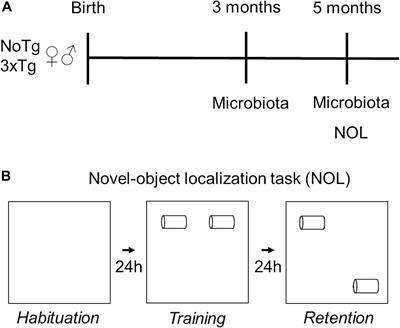
MINI REVIEW
Published on 26 Feb 2021
ORIGINAL RESEARCH
Published on 10 Feb 2021
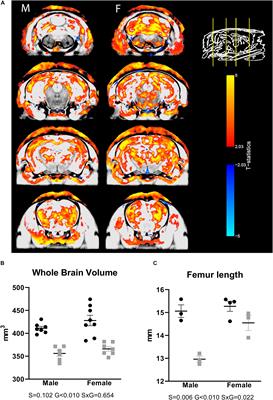
REVIEW
Published on 10 Feb 2021
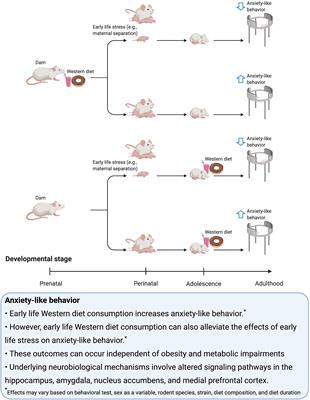
ORIGINAL RESEARCH
Published on 20 Jan 2021

ORIGINAL RESEARCH
Published on 16 Oct 2020
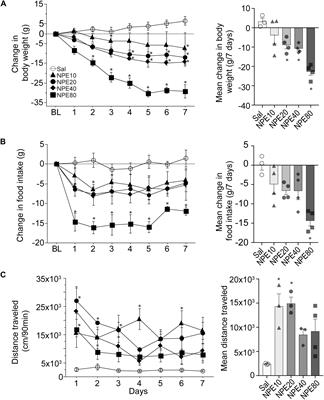
REVIEW
Published on 28 Aug 2020
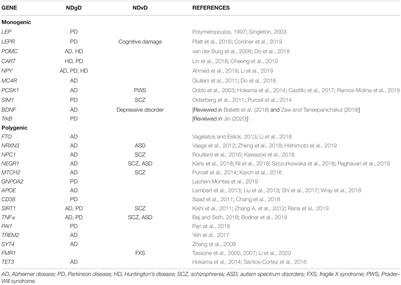
ORIGINAL RESEARCH
Published on 30 Jun 2020
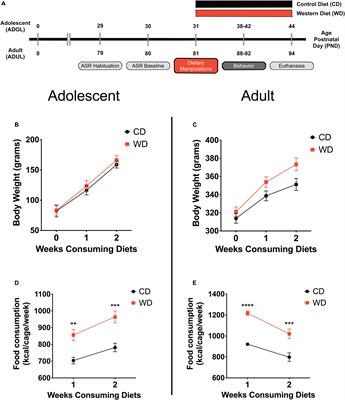
ORIGINAL RESEARCH
Published on 03 Jun 2020
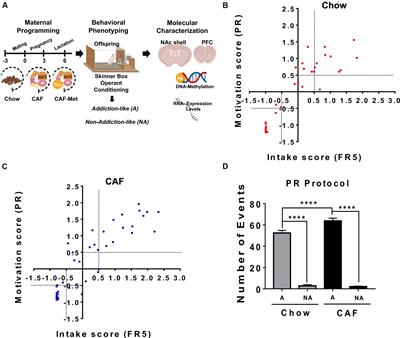

Frontiers in Nutrition
Neuroenergetics and Brain HealthOffline